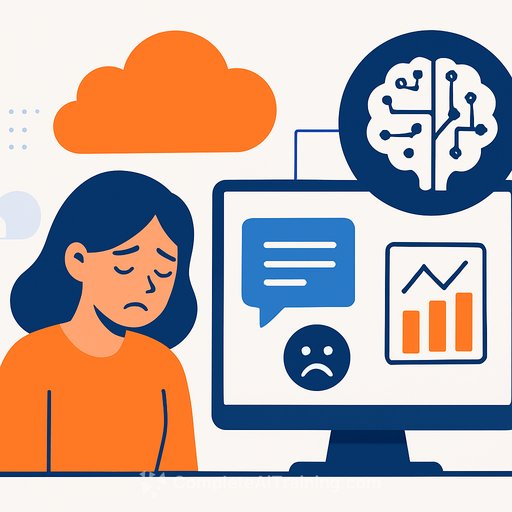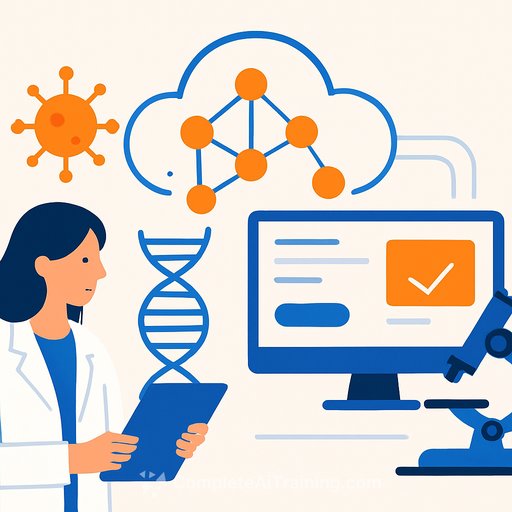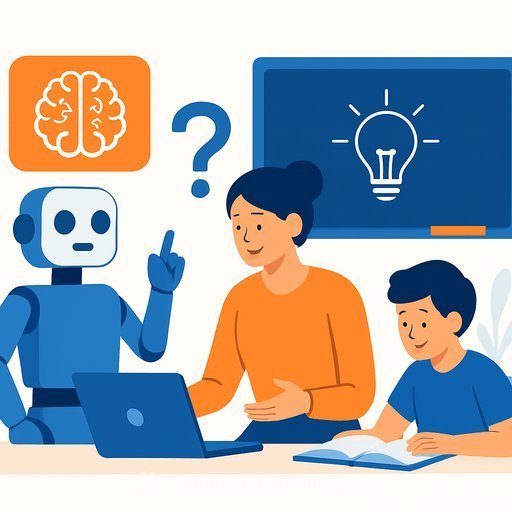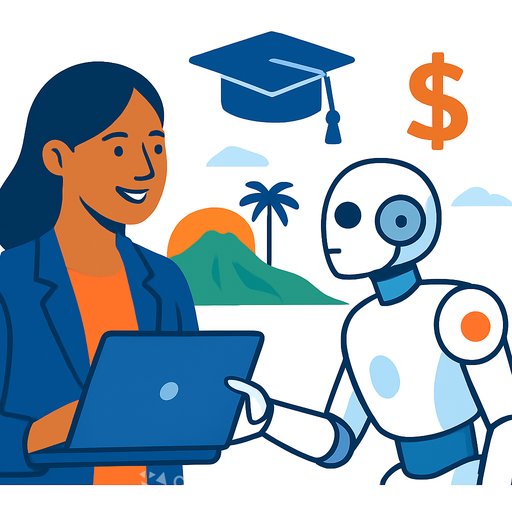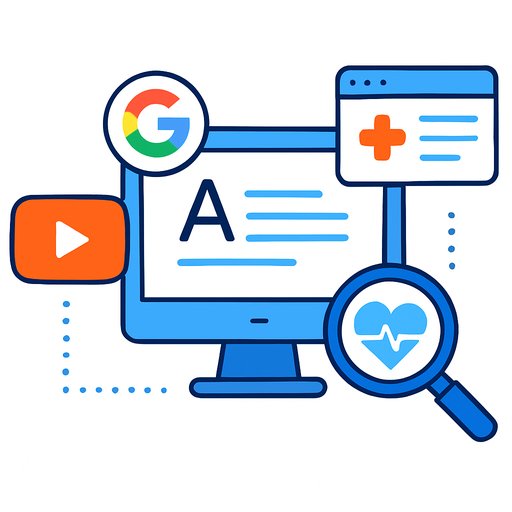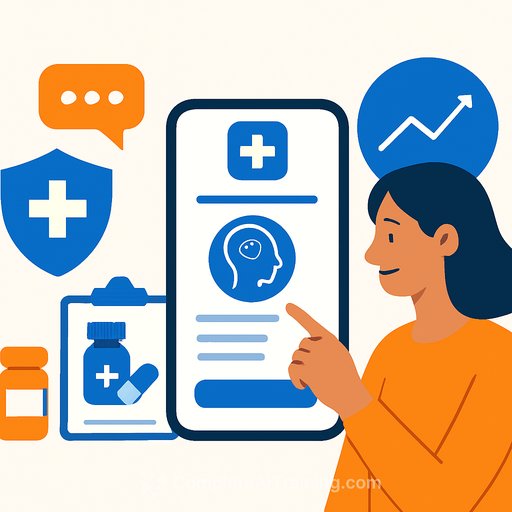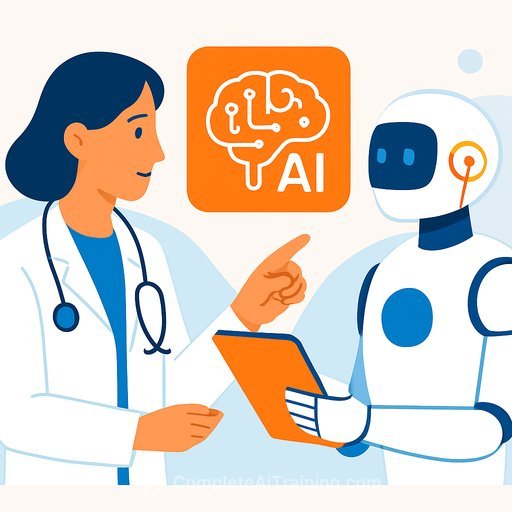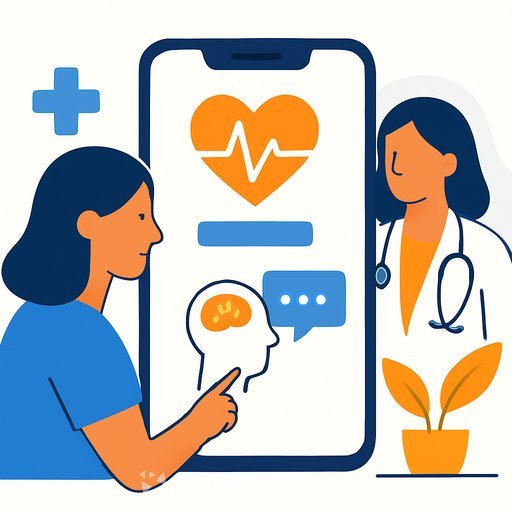AI Can Spot Signs of Depression in Online Writing-With Remarkable Accuracy
A new study reports that machine learning models can detect signs of depression in Reddit posts with 96% accuracy. The takeaway is straightforward: even short social messages carry emotional signals that algorithms can learn to read.
"Language is not just for conveying information," says Youngmeen Kim, the study's lead author. "It also shows how people feel. Even when someone does not say, 'I'm depressed,' their words can show pain."
Why Reddit?
The researchers focused on Reddit because anonymity reduces social pressure. People tend to be more candid there than on platforms tied to real identities. That openness makes Reddit a useful place to study mental health discourse without the added noise of performative posting.
How the study worked
The team analyzed 40,000 posts from two communities: r/depression (mental health discussions) and r/relationship_advice (everyday problems). Comparing the two helped surface language patterns linked to depressive expression.
They used an LLM-based topic modeling approach to scan large volumes of text and cluster co-occurring words into themes. This let them move beyond single keywords and look at context and patterns at scale.
Patterns the model picked up
- Higher use of first-person pronouns like "I" and "me."
- Short, direct phrases that signal hopelessness, such as "I don't know what to do."
- Recurring themes around school, family, medicine, and-strikingly-holidays.
Keywords like "Christmas," "birthday," and "Thanksgiving" often clustered with language about isolation, stress, or painful memories. "For many, days like Christmas are joyful," Kim says. "But according to our data, those days can be lonely and sad for some and exacerbate feelings of depression."
The point isn't that holidays cause depression. Rather, they can heighten isolation or stress-factors already linked to mental health risks. For general background on depression, see the NIMH overview. For context on social isolation and health, see the CDC's summary.
What this means for your work
- Healthcare teams: Use language models as early-warning signals, not diagnostic tools. They can flag posts or messages for human review and outreach.
- Social platforms and community moderators: Prioritize triage queues based on risk language; pair with clear crisis resources and privacy safeguards.
- Researchers and data teams: Validate on multiple communities and demographics. Track precision/recall, not just accuracy, and audit for bias.
- Workplace wellness and HR: Consider opt-in tools for support routing, with strict consent, transparency, and data minimization.
Ethics, limits, and next steps
The researchers stress that the goal was not to diagnose individuals. AI should support, not replace, mental health professionals. Accuracy figures depend on the dataset, labeling choices, and domain; performance can drop when models move to new populations, languages, or platforms.
Future work will test whether similar approaches can pick up signals of anxiety or PTSD, and whether patterns shift across languages and cultures. Ute Römer-Barron notes that corpus linguistics, paired with computational methods, lets researchers spot patterns in natural language data that would be hard to catch by hand.
Practical implementation checklist
- Define the use case: triage, trend monitoring, or referral support.
- Assemble comparison groups (e.g., mental health vs. everyday support forums) to surface distinct markers.
- Use topic modeling to find themes, then test simple features (pronouns, phrase patterns) alongside more advanced models.
- Run bias and error analysis; measure false positives/negatives and review flagged text with clinicians.
- Build consent, privacy, and data retention policies before deployment.
If you or someone you know may be struggling, consider reaching out to local mental health resources or a qualified professional. AI can help surface signals, but people do the helping.
Want to skill up on practical AI for text analysis? Explore hands-on training and certifications: AI Certification for Data Analysis.
Your membership also unlocks:

